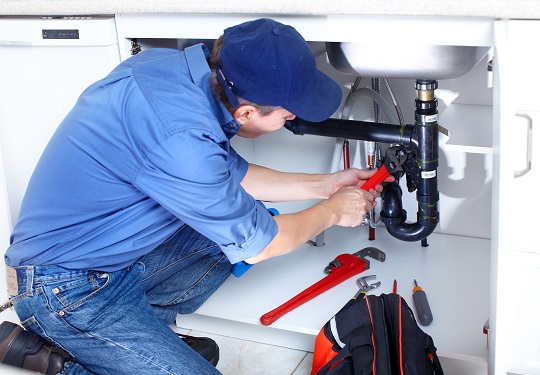Conduit pipes are those pipes, which are used to protect wiring and cables. HDPE conduit pipes are high-density polyethylene pipes that are employed for the same purpose: to insulate electrical wiring.
There are many types of HDPE conduit pipes, but they all share the qualities of the material they’re made of. HDPE is a lightweight, anti-corrosive thermoplastic, which is extremely resistant, and a great insulating material.
Cable Protection
Cables and electrical wiring are exposed to the elements unless they are inserted into conduit pipes. Water exposure can deteriorate the wiring. Conduit pipes protect the wiring, reducing the risk of electrical short circuits. Electrical shorts are dangerous because they can cause fires or damage equipment, among other problems.
Impact Resistant
HDPE conduit pipes can also protect electrical wiring and cables from impacts. Outdoor cables or those installed in traffic areas are exposed to potential impacts. By covering them with HDPE conduit, you ensure better protection.
Weather Resistant
HDPE conduit pipes can withstand both high and low temperatures. They can be installed in harsh weather conditions and can operate under high temperatures.
Last Longer than Power Cables
You may have to replace the power cable much sooner than the HDPE conduit pipe because this thermoplastic is extremely resistant.
Types of HDPE Conduit Pipes
There are flexible HDPE conduit pipes, as well as rigid ones. The latter are stronger, but it’s more difficult to handle them. Flexible HDPE conduit pipes make installation easy, but they are less resistant to impact or harsh weather conditions.
HDPE Conduit Pipe Uses
HDPE conduit pipes are widely used for power lines, in telecommunications, to insulate fiber-optic cables, or for outdoor lighting.
Need Assistance?
Looking for help with HDPE conduit pipe installation or repairs? Seva Call is ready to take your call. We can connect you with professionals in your local area who can get the job done right away.
Tags: HDPE Conduit Pipe








